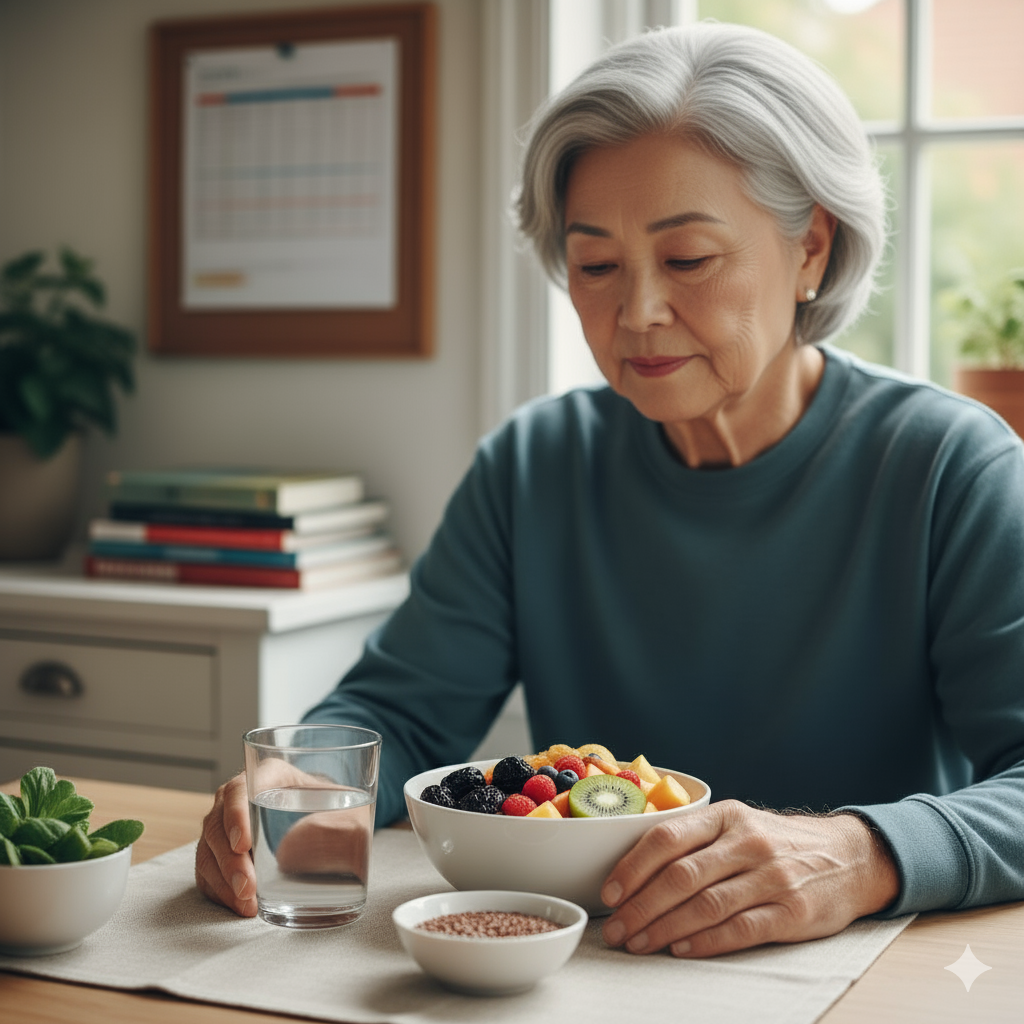

Constipation might not be the most talked-about symptom of Parkinson’s disease, but it is one of the most common — and frustrating. In fact, for many people, it can show up years before diagnosis and stick around throughout the disease journey.
At The Center for Movement Challenges, we know how much digestive symptoms like constipation can affect energy, mobility, and overall quality of life. The good news is that with the right strategies, you can improve bowel health and feel more in control.
Let’s break down why Parkinson’s and constipation go hand in hand and what you can do to manage it effectively.
Constipation in Parkinson’s is usually caused by a combination of neurological and lifestyle factors. The same way Parkinson’s affects movement in the arms and legs, it can also slow down movement in the digestive system.
Key causes include:
Some people also experience pelvic floor dysfunction, making it harder to fully empty the bowels even when the urge is present.
Everyone’s “normal” is different, but here are common signs that constipation may be an issue:
Constipation is more than just a bathroom problem — it can increase your fall risk, worsen fatigue, and interfere with Parkinson’s medication absorption.
Fortunately, constipation is treatable in most cases with the right combination of diet, movement, hydration, and routine.
Here are proven, practical steps you can take starting today.
Dehydration makes stool harder and more difficult to pass. Aim for:
💡 Tip: Sip water throughout the day instead of chugging large amounts at once.
Fiber helps bulk and soften stool, making it easier to pass. Go for 25–30 grams of fiber per day, unless your doctor advises otherwise.
High-fiber foods include:
Introduce fiber slowly to avoid gas or bloating, and always pair it with water.
Your digestive system thrives on routine. Try:
Consistency matters. Even sitting on the toilet for a few minutes daily can help train your system.
Exercise stimulates the muscles of your digestive tract. At The Center for Movement Challenges, we offer Parkinson’s-specific classes, both in-person and online, that include:
Just 20 to 30 minutes of daily movement can make a big difference in constipation symptoms.
Some Parkinson’s medications or other prescriptions may contribute to constipation. Talk to your neurologist or pharmacist about:
Never change medications on your own. Work with your medical team to make safe, informed changes.
For occasional relief, consider:
Use natural options with caution and monitor how your body responds. If over-the-counter laxatives are needed more than occasionally, speak with your doctor.
Seek medical advice if you experience:
These could be signs of an obstruction or other medical issue requiring prompt care.
Constipation in Parkinson’s isn’t just a digestive issue — it affects how you move, how you feel, and even how well your medications work. That’s why we include digestive health education and movement strategies in our Parkinson’s programs.
Our services include:
We approach constipation from the ground up — literally — with practical, movement-focused support.
Constipation is common, but that doesn’t mean you have to live with it. By making simple changes to your hydration, diet, activity, and habits, you can restore digestive comfort and improve your quality of life.
Ready to take control of your digestive health? Join one of our online Parkinson’s classes or schedule an in-person session at The Center for Movement Challenges.
Visit www.centerformovementchallenges.org to get started.
Movement helps everything — including your gut.

